
Indonesia Passport
Passport rank
64Visa-free travel to
79 Destinations

Passport rank
64Visa-free travel to
79 Destinations
45 Destinations
30 Destinations
34 Destinations
118 Destinations
The number of nations that permit Indonesia passport holders to enter without a visa (also known as visa-free countries) and those that require a visa on arrival (also known as visa-on-arrival countries) or an electronic travel authorization (eTA) is added to determine how popular Indonesia passports are in comparison to other passports around the world. Currently, there are two eTA destinations, thirty Indonesian countries that require a visa upon arrival, and forty-five Indonesian passport-free countries. Indonesian passport holders are able to enter 77 different countries worldwide using an eTA, a visa on arrival, or no visa at all. The Indonesian passport is therefore ranked 63rd in the world. Apart from these visa-free and visa-on-arrival countries for Indonesian passport holders, there are 152 more locations that require an eVisa or a physical visa (i.e. visa required countries).
38 provinces make up the Republic of Indonesia, a former Dutch colony. Asia's Southeast is where it is situated. Timor-Leste, Papua New Guinea, Malaysia, and the Philippines are the nation's neighbors. West Java, East Java, and Central Java are the three most significant provinces. Indonesia is the largest country in Southeast Asia, with a surface area of 1,904,569 square kilometers. Although primarily tropical, the highlands have a more temperate temperature. The majority of its topography is made up of active volcanoes, high mountains, tropical rainforests, and plains along the coast. With a population of nearly 275 million, it ranks third in terms of population density in Asia. With 10.7 million residents, Jakarta is both the most populous city and the nation's capital. With 66 million passengers annually, Soekarno-Hatta International Airport (CGK) is the biggest airport. There are fantastic flight connections from CGK airport to wherever in the world. It bears the names of Indonesia's first president and vice president. Over the course of two millennia, Indonesian culture has changed due to influences from Europe, the Middle East, China, and India. Islam dominates the religious landscape of the country. Though there are more than 700 different languages spoken there, Bhasa is the official tongue. The civil law system of law is developed on the model of the Roman Dutch law. There is a presidential republican form of governance. The elected President Joko Widodo serves as both the head of state and the head of government. Every five years, there are elections where the president is chosen directly by an absolute majority of votes. The Indonesian Rupiah (IDR), which is the national currency of the nation, is currently worth IDR 15,57 to the US dollar. With an open economy, the nation produces a GDP of about $3.3 trillion. The per capita income of its people is $12,345. The two main industries that comprise the majority of the GDP are industry and services. With the highest GDP in Southeast Asia, Indonesia mostly depends on the production of gas and oil for export earnings. In addition, it exports rice, palm oil, coffee, tea, tin, copper, gold, and coal. There are many different urban and outdoor tourist attractions in Indonesia. Major travel locations include Borneo, Bali, Mount Bromo, Lake Toba, Komodo National Park, and Jakarta, the nation's capital. An estimated 16 million tourists travel to the country each year. Most of the visitors come from China and Japan, two of the nearby nations.
Discover and explore the world's most sought-after destinations with eVisa, making your trip accessible and hassle-free.
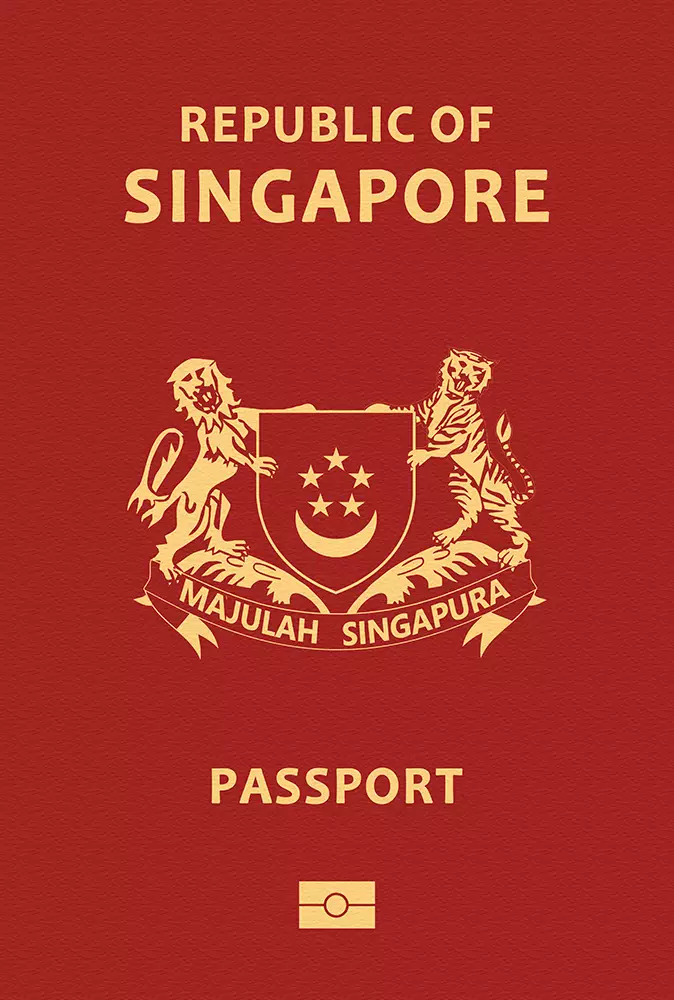

Visa-free destinations: 195


Visa-free destinations: 193
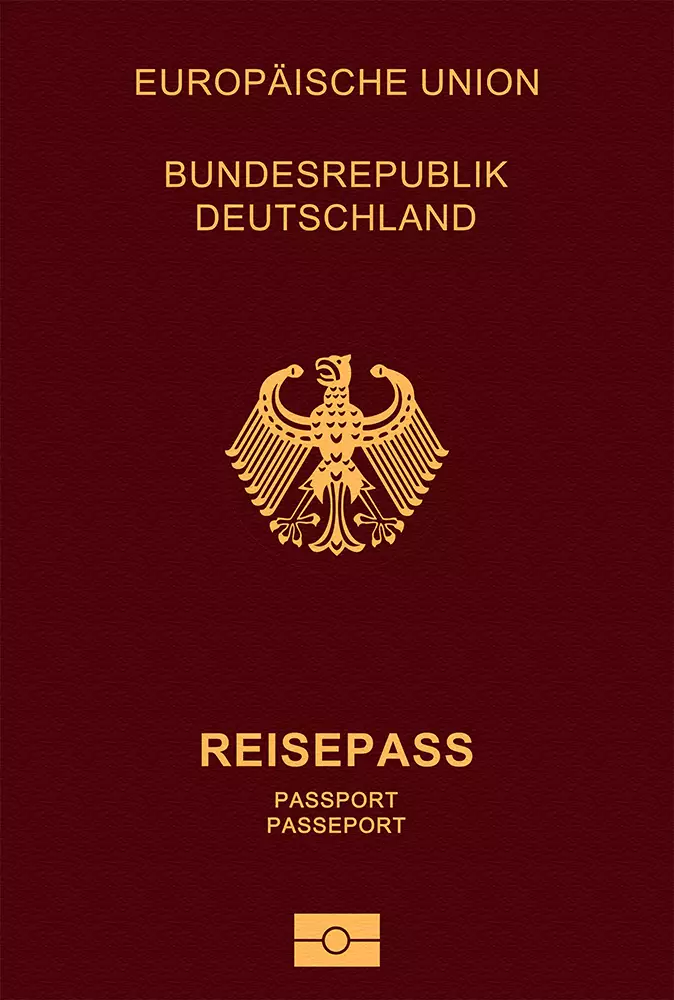

Visa-free destinations: 193


Visa-free destinations: 193
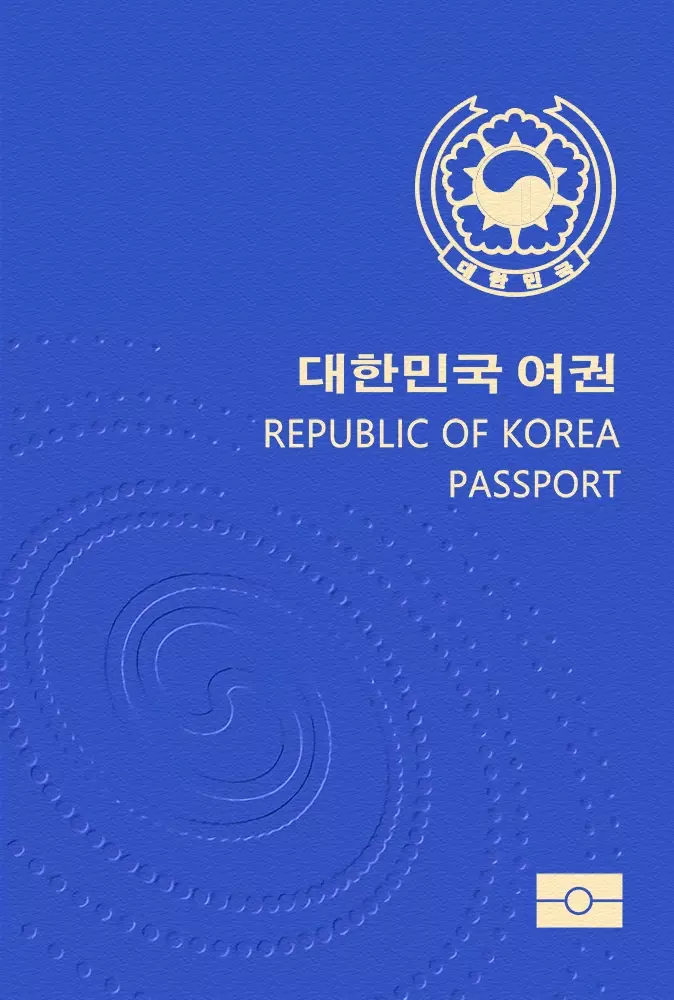

Visa-free destinations: 193


Visa-free destinations: 193
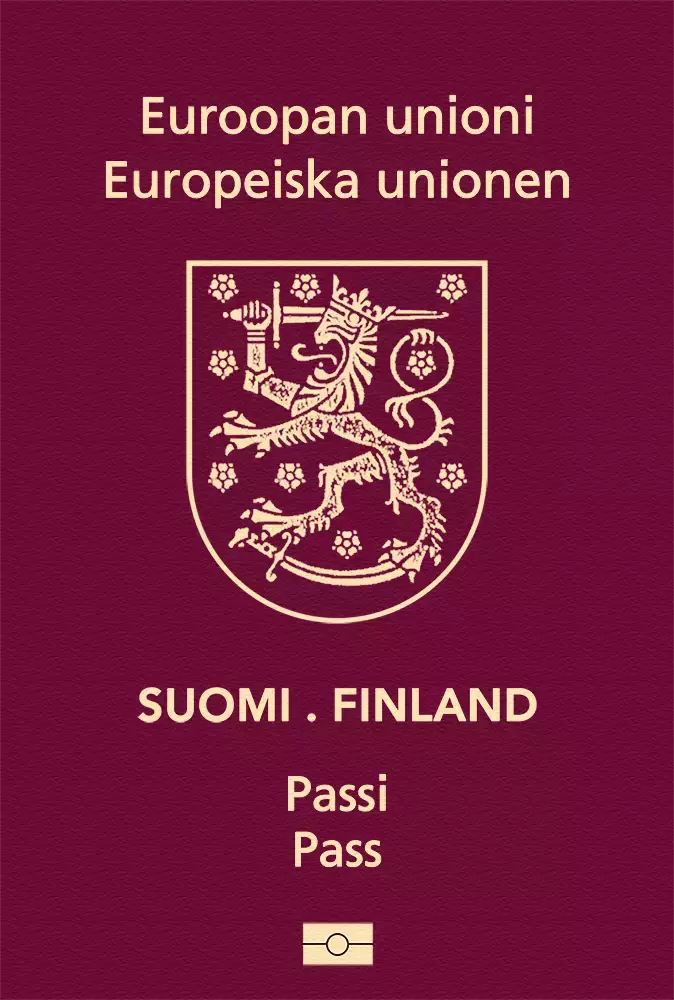

Visa-free destinations: 192
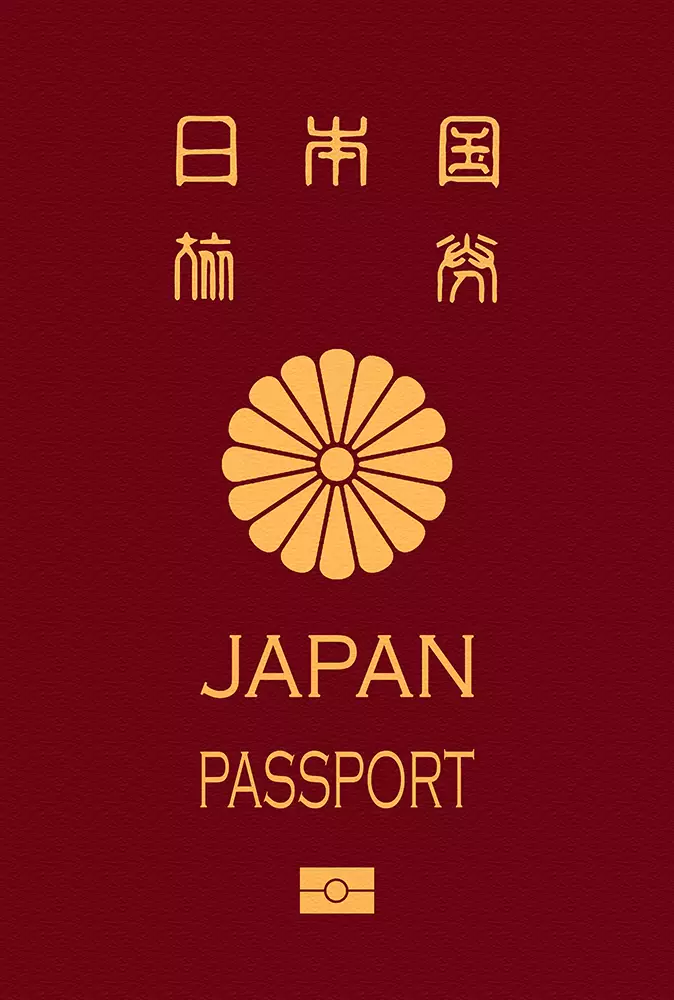

Visa-free destinations: 192